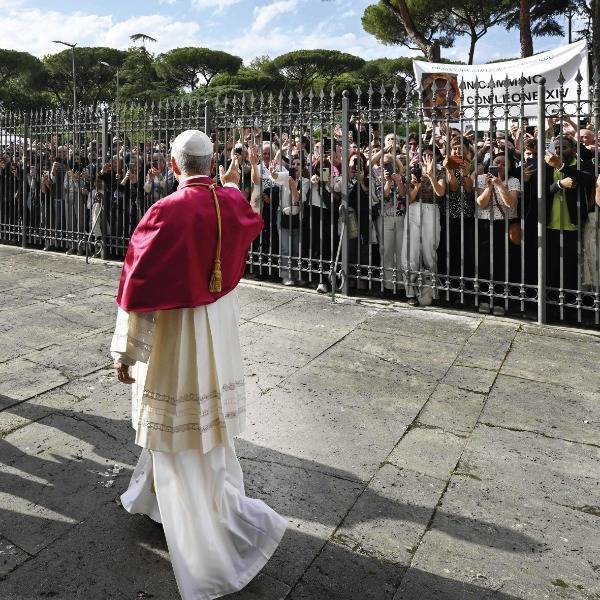Richard Holloway is the kind of bishop who gives humanists the willies. We like our ecclesiastical potentates in silly hats and Gilbert and Sullivan fancy dress. Above all, we are most comfortable in our contempt when they proclaim irrational belief in a supernatural realm, a bloodsacrifice god, men on top (in bed, in the office, and especially in the church), all in that cultivated monotone of pulpit piety which so often accompanies them from the seminary to the grave. Holloway doesn't fit our comfortable caricatures. First, he has discharged himself from the noble army of mitres and handed back his fancy uniform. But even when he reigned as Bishop of Edinburgh and Primus of the Anglican Church in Scotland, his was a provocative, radical voice, incessantly kicking against the pricks, not excluding the Archpricks. It is not unknown for retired priests and bishops to go radical when they get their bus pass, but Holloway was a confounded nuisance in synod long before he picked up his demob suit, insisting that religion was "dangerously volatile stuff" which should not be dispensed without a government health warning.
With Godless Morality in 1999 and subsequently with Doubts and Loves, both bestsellers, Holloway began to chart the path towards a secular spirituality based on ethics and values grounded in natural human experience rather than supernatural diktat. His own experience as a member of the Human Fertilisation and Embryology Authority and chairman of its ethics committee convinced him that godly religion was an obstacle rather than an aid in solving complex ethical problems. It is my impression that his later experience on the Broadcasting Standards Commission, where we were members together, firmed up his developing conviction that the only spirituality which has any meaning is that which belongs to the wholly human spirit.
Looking in the Distance pushes forward the exploration of secular spirituality begun in Godless Morality. It is an intensely personal book, tackling the big questions what is the spiritual meaning behind our physical existence, "what is it all about?" by reflection on his own quest for answers.
"Spirituality", he writes, "is a notoriously difficult word to define." Holloway uses it to cover "the inner life of human beings, all that is left when you have fed and sheltered them". Like morality, spirituality has been the traditional preserve of religion, but in modern secular society the irreligious are no less interested in the fruits of the human spirit than churchgoers. "They are fascinated by the human passion for trying to understand the universe; and they admire the way science tries to look unflinchingly at the reality of things. They revel in the richness of human art... they are increasingly fascinated by the complexities of the human psyche as revealed by the psychological study of human nature." There is a rich and diverse range of secular spiritualities, "and countless people follow them without reference to religion or any necessary sense of God".
Fittingly, for an author so immersed in literary and musical culture, the book is in four symphonic 'movements', the first three covering philosophical, psychological and ethical elements of human spirituality, and the finale reflecting on "the ending of traditions and the ending of human life itself in death". It takes its title from an aphorism by the Russian critic and essayist Vasilii Rozanov which, says Holloway, has haunted him for years: "All religions will pass, but this will remain: simply sitting in a chair and looking in the distance." He quotes A S J Tesimond's
poem 'Portrait of a Romantic':
[i]He is haunted by the face behind the face.
He searches for last frontiers and lost doors.
He tries to climb the wall around the world[/i]
and comments: "I gave my life to that search. I became a priest, then a bishop, then a primate. Now, forty years and many battles later, it has passed and I am left sitting in the chair looking into the distance."
You would not expect from Richard Holloway a set of glib and easy answers to the questions he raises. But what you do get is a sense of wonder that evolution has produced "creatures with a passion for discovering the meaning of things who find ourselves in a universe without any discernible purpose". And this thoroughgoing humanist exbishop has no doubt that meaning, morality and purpose are ours to create, not something 'out there' to be discerned by pious application and followed in obedience to overpowering will. Exprimate or not, no one has said it better.
Looking into the distance is available from Amazon (UK)

